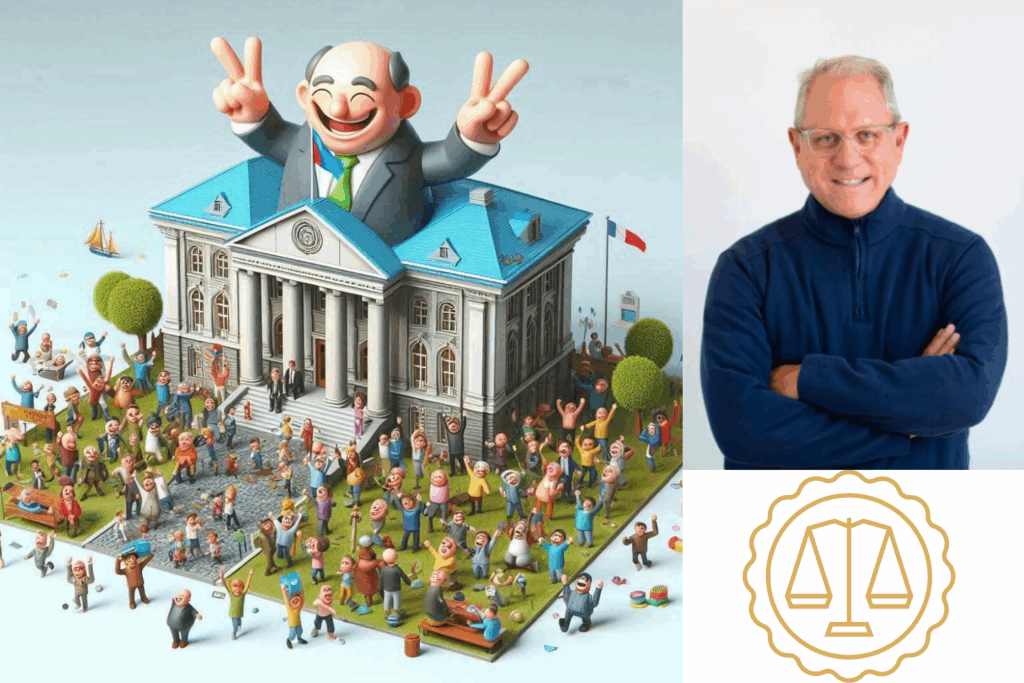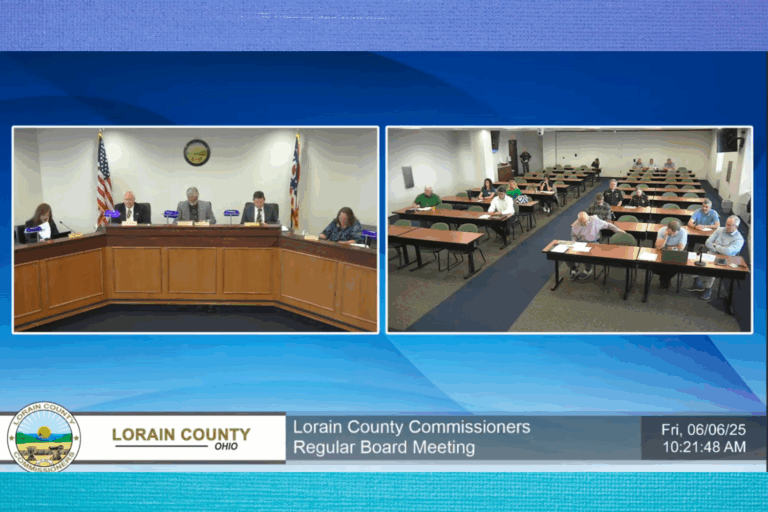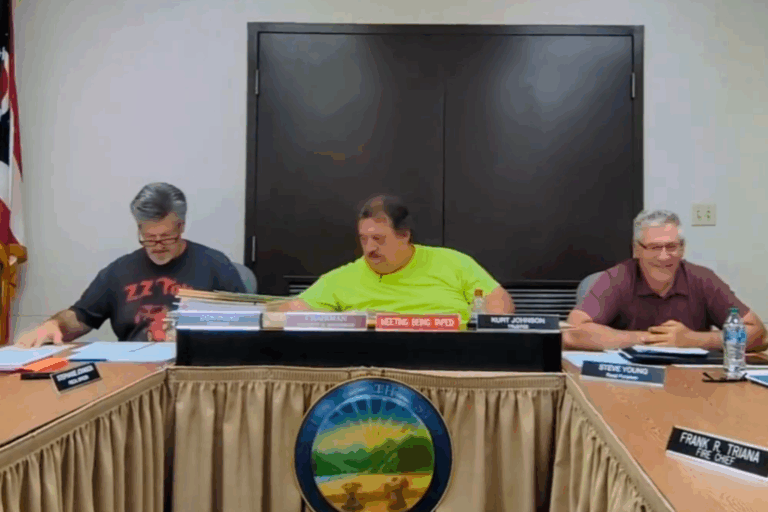
Social Commentary
When I worked for the U.S. Justice Department during the Reagan administration, you could shoot a cannonball through my division’s offices without hitting anybody. That division – the Antitrust Division – was historically dedicated to tackling business monopolies and price fixing. The Reagan administration wasn’t interested in restricting business activities any more than necessary, so we still prosecuted price fixing, which directly harms consumers, but held back on other enforcement activities.

The Antitrust Division was scaled accordingly. That was prudent, and it honored President Reagan’s dedication to government efficiency and business freedom from government intrusion.
Government restrictions on business activities are counterproductive, with some exceptions (like human rights violations, food and medical safety, and national security). Likewise, government funding for business delivers bad economic results, and government support for programs that are potentially morally controversial, like the Kennedy Center for the Arts, sparks unnecessary political controversy.
Government should be focused on providing for its citizens’ essential needs. Private interests should do the rest.
But will they? If, for example, the Department of Education is eliminated, then will philanthropists, families and churches help make up for the loss of that department’s $161 billion in student aid?
If proposed cuts to the budget of the Department of Health and Human Services are made, then will private interests step in to provide public health initiatives aimed at HIV/AIDS prevention, routine inspections at food facilities, autism, drug abuse and mental health?
Will they help our poorest local citizens with 553,000 pounds of food that’s already been cancelled for Northeast Ohio by the federal government’s Commodity Credit Corporation?
So far, I haven’t seen an organized private response to address these needs. For example, Elon Musk’s Tesla, and the man himself, haven’t gone on record that they’re going to step in in any way.
That makes me think that changes like these should be implemented more gradually, to be more humane, or they should be regarded as citizens’ essential needs and continued. And, if we let others do the work of making up for these losses or take a wait-and-see approach, we’re standing by while people are hurt.
I’m interested in your opinion! What do you think? –Will Kohler
Will Kohler lives and works in Vermilion, Ohio. He is CEO of VELN Legal, a law firm that represents businesses in their commercial dealings. He served as Chief Legal Officer for major corporations and held leadership positions at prominent law firms. He is also an economist by training. He holds a law degree. from the University of Michigan Law School, an M.B.A. from Michigan State University, an M.S. from Texas A&M, and a B.S. in economics from the University of Michigan. He is a woodworker and sailor, who sails his 65-year-old ketch on Lake Erie.






